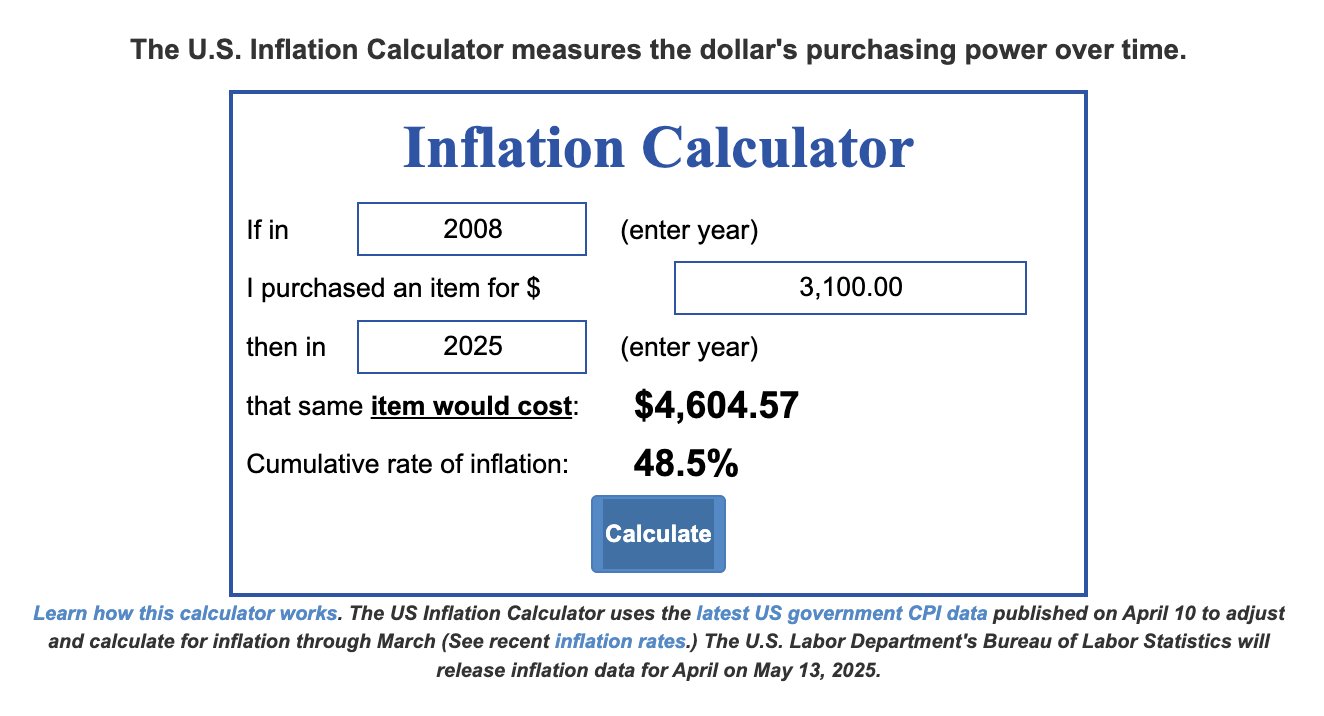pull down to refresh
@kr
stacking since: #5040
10 sats \ 1 reply \ @kr OP 9 May \ parent \ on: Nothing Was Ever Created by Two Men BooksAndArticles
hadn't heard of this book before, will check it out!
50 sats \ 1 reply \ @kr OP 9 May \ parent \ on: Nothing Was Ever Created by Two Men BooksAndArticles
In this case we give sole credit to the guy with the initial idea?
Not sole credit for the whole project, just saying that one person came up with the idea, breakthrough, formula, etc...
Maybe Apple is a good modern example. Steve Jobs doesn't deserve sole credit for the company, he doesn't even deserve sole credit for any of their products, but one day he made a set of breakthroughs or decisions that other people built upon which led to new products that wouldn't exist if he weren't there.
Again, no question other people were involved and were important players in building on those breakthrough ideas, but I think Steinbeck's point is that the task of going from 0 to 1 requires an individual to make a breakthrough, not a committee.
45 sats \ 3 replies \ @kr OP 9 May \ parent \ on: Nothing Was Ever Created by Two Men BooksAndArticles
I don't know enough about their story, but I wouldn't be surprised if the process of creation was actually one of them coming up with a novel idea, the other building on it with a novel idea of their own, and on and on.
From a legal and PR standpoint it makes sense to consider the "Wright Brothers" as inventors, but I highly doubt they both simultaneously came up with the ideas that went into the airplane.
Edit: ChatGPT shares some context below:
Wilbur Wright is often considered the more analytical and philosophical of the two—he was the primary thinker behind many of their theoretical breakthroughs.Orville Wright was more mechanically inclined and built many of the machines and parts.
100 sats \ 0 replies \ @kr OP 9 May \ parent \ on: Nothing Was Ever Created by Two Men BooksAndArticles
Fiction is often thought of as impractical and frivolous for some reason
Yeah, I think it's rooted in the idea that fiction = not real.
On the surface it seems like a made up story wouldn't be useful to know in the "real world", but it's hard to believe that when you read great fiction.
Also, the value is harder to quantify, it doesn't always appear where you expect it to, and it's hard to rationalize (to yourself or others) why you're spending hours reading about things that may have never even happened. I guess that's what keeps some people away from the genre entirely.
142 sats \ 2 replies \ @kr OP 9 May \ parent \ on: Nothing Was Ever Created by Two Men BooksAndArticles
I might have to start reading more fiction, I felt the same way. I was on the verge of falling asleep when I picked up the book, expecting to read 10 minutes and go to bed... but 3 hours later I was wide awake still reading.
This seems like a smart approach for building a new EV brand 10 years after the first gen EVs launched...
- Modular system with one simple frame
- Lean heavily into customization options
- Lean heavily into winning the low-cost market (the first point is a requirement to do so)
For me, the big unknowns right now are:
- How quickly can they scale up production? (they have Amazon backgrounds and funding, which makes me think they're serious... but scale is also very hard)
- How much does it cost with a 240 mile range? (i'd say 240 miles is the minimum viable range for an EV these days, the 150 base package will act more like a 100 mile EV in winter)
specialization is what is valuable. So, I prefer attempting to design ways to connect users with the URLs they are looking for.
Interesting. Does it make sense to entirely remove the "Follow" button with a design like this? Or does it still serve a purpose on platforms designed for specialization?
I unfollowed everyone on Twitter a while ago.
The 'For You' algorithm already does a decent job of filtering content for me, and whenever I feel like I've consumed too much social media, I just switch from 'For You' to 'Following', and my entire timeline is blank.
Yeah it's a weird dynamic. Every now and then you come across some celebrity who totally implodes and it seems like their follower count doesn't dramatically drop (even though their reputation might).
I guess it might be related to the idea of "there's no such thing as bad press".
Building on the Stacker News core premise, perhaps following shouldn't be free. And, further, perhaps following additional people should be increasingly expensive. That at least provides incentive to be conscientious about who you're following.
I like your train of thought here
How would you try to change this?
Good question, I've been thinking about it all evening and don't have a great idea yet.
I wonder if flipping this switch might help a startup social platform to take on larger players...
One crude way to make social media look a little more like the real world is if the "follow" button required you to click it on multiple posts over multiple days for it to work. Meanwhile the unfollow button would remain a one-click button.
Not a good UX, but you get where I'm going with it.
